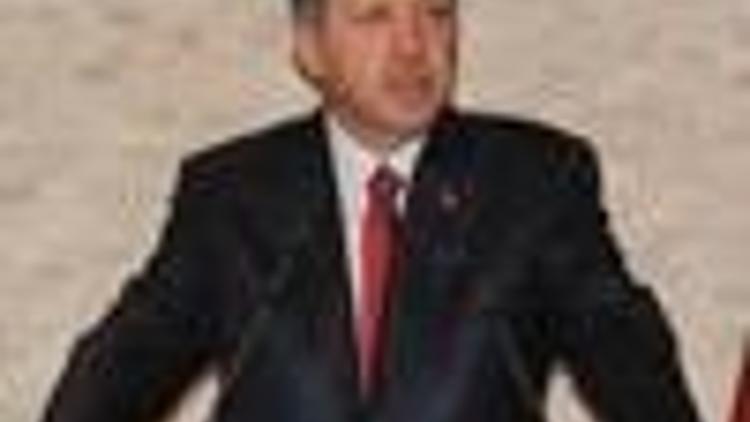Turkey offers wide incentives to promote investment, employment
Güncelleme Tarihi:

ISTANBUL - Turkish Prime Minister Tayyip Erdogan unveiled Thursday a long-awaited incentives package aimed at boosting employment and attracting greenfield investments. (UPDATED)
The incentives include cutting corporate taxes to as low as 2 percent for companies investing in Turkey's poorer eastern and southeastern provinces, lowering labor costs and providing guarantees for loans. �
"The new incentives system study was prepared to support new investments. The investments that will increase the competitiveness and minimize regional development differences will be supported," Erdogan told at a televised press conference held in
Turkish GDP shrank 6.2 percent in 2008's last quarter, and economists expect double-digit contraction in the first quarter of 2009. Quarterly GDP data will be announced on June 30. Earlier this week Erdogan said he expects the economy will start to grow again during the summer.�
He said the new system was divided into three categories, Large Project Investments, Regional Investments and Sectoral Investments, in addition to other incentives that are aimed at promoting employment.
The tax breaks under the Large Project Investments category will be applied to those greater than 250 million lira ($160 million) in twelve sectors including transit pipeline, air vehicles, metals, mining, transportation, oil refining, Erdogan added.
The investors will be supported with cuts in social security premiums for workers, free land and cheap credit, he said.
For Regional Investments,
Under a revised system of incentives,
He did not give any figure on the financial aspect of the package, but earlier media reports suggested the new economic stimulus package could be worth 60 billion lira ($39 billion).
“We are going to implement this package in order to turn the crisis into an opportunity and to increase our competitiveness. Therefore our aim is to start the implementation as soon as possible. Our target is 2010. So it should have started by this time,” he added.
SUPPORT FOR EMPLOYMENT
Erdogan also unveiled a package to increase employment, adding the cost of the employment package is close to 1 billion Turkish lira ($648.1 million).
The package includes renovating schools and hospitals, support for vocational schools and apprenticeship schemes and environmental reforms in a bid to increase employment, Erdogan added.
Companies will be exempt from paying social security premiums for workers hired after April 30, he said, adding this will create jobs for 120,000 people. Around 500,000 people are planned to be employed through the package.
Erdogan also said the government will extend temporary sales tax reductions for some industries when they expire later this month, in response to a question on the issue. “The government is reviewing the impact of the cuts and there’ll be some sectors where the cuts continue and some where they won’t,” he said, without specifying which industries or sectors.
TALKS WITH IMF UNDERWAY
The Turkish government will remain sensitive to fiscal discipline within its new package of stimulus measures to boost employment and is continuing talks with the International Monetary Fund, he also said.
Erdogan told a news conference that there were no problems in talks on a new deal with the international lender, but investors should not rely on a deal with the Fund.
“Market participants should stand on their own two feet, not on the expectations of the IMF,” Erdogan told reporters.
Talks with the Fund continue, Erdogan said, adding that

